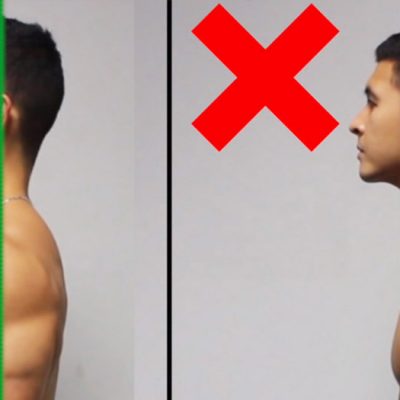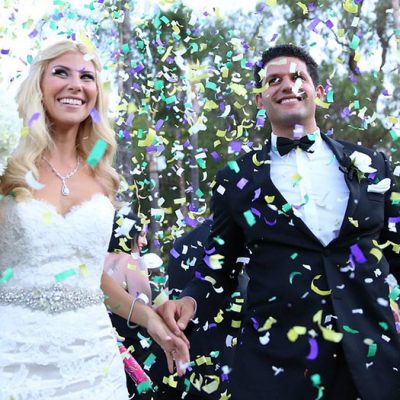The primary goal of counselling is to help people through talking, analysis and encouragement. A range of skills are required for effective counselling, some of which can be learned by completing a counselling degree.
Here are some of the qualities you should be looking for when choosing a counsellor, or that you should be developing if you want to become a successful counsellor.
1. Genuineness – Being Real
Genuineness is not just a technical skill, but also an important component of a counsellor. Every day, a counsellor should be ready to sit with different people through their best and worst stories. He or she should fully present his or her client’s story, however, long, difficult or serious it is. Being real and sustained commitment to aid positive transformation and person to person connection is the key to a fulfilling career in metal health.
2. Ability to Listen
Effective listening as a professional counsellor is a basic skill. A good counsellor will not only listen to what is being said, but also how it is being said, or why it is being said. You should also be able to listen between the lines to identify things that are not being said.
The most important thing a counsellor should know is to listen without judging or evaluating something. Some clients will come to you with very complicated issues, and they expect to feel they have the space to say anything they have. For example, a father may complain about how much child support he is paying. Whatever your personal reactions, you need to listen and try to appreciate his perspective.
Clients should feel they can share everything without fear of being victimized, or feeling as though the counsellor has jumped into a conclusion. In short, they must trust you to be respectful and supportive.
3. Self-Reflection
Another important counselling skill is self-refection. A professional counsellor knows looking within oneself is vital, as it is to observe their clients. A counsellor is taught to always think well, feel well and act well. By thinking and feeling well, a counsellor will be able to relate well with his clients. Thinking well also means to think unfavourably, and to demonstrate academically acquired skills. When a counsellor uses self as an instrument, he or she is able to relate to clients well and aid positive change.
4. Flexibility
A good counsellor is flexible and has a strong understanding of various issues in clinical practice. Every client is going to be different in his or her experience, background and other issues. To be able to change from one client to another is a counselling skill that a counsellor must develop. In addition, identifying when a counsellor and a client cannot fit with each other requires some flexibility. Being able to refer the client to another counsellor or health specialist who is in a position to help is a trademark of good counselling skills. A good counsellor cannot offer all things to all the clients.
5. Sense of Humour
Counsellors go through uncomfortable, traumatic and difficult stories. Knowing how to form a connection with the client to a point of developing a shared sense of humor is something that should not be overlooked. It is therefore important for both counsellor and client to laugh along the way. Humor and understanding of issues in counselling is a valuable tool.









